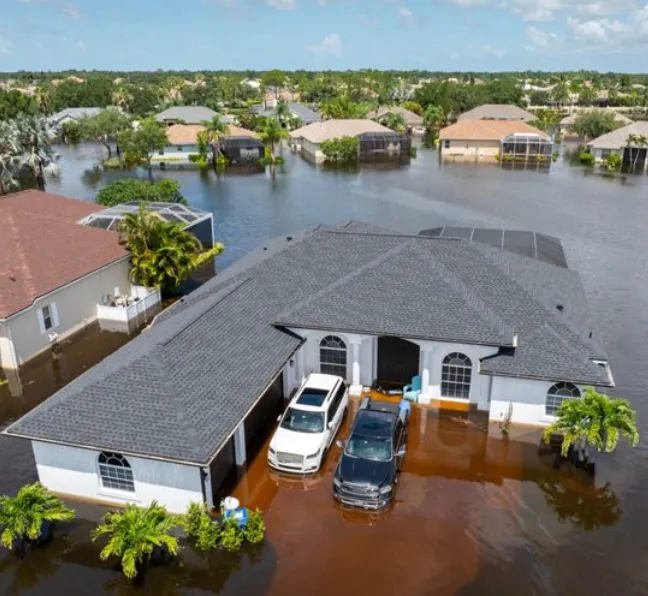Securing homeowners insurance is a crucial step for safeguarding your property, but not everyone qualifies for coverage. Insurance providers assess various factors to determine whether an applicant meets the necessary criteria. If certain requirements aren’t met, you could find yourself ineligible. Let’s explore some common reasons why insurance companies might turn down your application for homeowners coverage.
1. Your Credit Score Could Be a Dealbreaker
One of the first things insurance companies look at is your credit score. A low credit score can signal to insurers that you’re a higher risk, making them less likely to offer you coverage. People with a strong financial history are viewed as less likely to file claims, which is why they tend to receive better rates or even approval for coverage. If your credit score is too low, the insurance company may see you as a risk and refuse to provide a policy.
2. A History of Frequent Claims
Insurance companies also examine your claims history. If you’ve had multiple claims in the past, it could be a red flag. A pattern of frequent claims indicates a higher risk for the insurer, which could result in being denied coverage. For homes that have experienced several claims, especially for serious incidents, insurers might consider the property too risky to insure.
3. The Condition of Your Property
The physical condition of your home is another important factor. A property in disrepair or needing significant repairs might not be eligible for insurance. If your house has issues like broken windows, a damaged roof, or cracked walls, it could be deemed a hazard. Insurers prefer homes that are well-maintained to reduce the risk of damage. Homes with a high fire risk, like those lacking proper safety features, could also be excluded from coverage until repairs are made.
4. Modular Homes or Trailers May Face Challenges
Modular homes, which are built in a factory and then transported to their foundation, may not always qualify for homeowners insurance. The eligibility often depends on the home’s age, condition, and location. If your modular home is older or in a less favorable condition, you may have trouble securing a policy.
5. The Types of Pets You Own Matter
If you have pets, the type of animals living in your home can affect your eligibility for insurance. While dogs are commonly allowed, some breeds are considered higher risks due to their temperament. If your dog has a history of aggression or attacks, your insurance company may deny coverage. Uncommon pets, such as snakes or exotic animals, can also make it difficult to get insurance for your home, though you might be able to secure separate insurance for the pet itself.
6. Location, Location, Location
The location of your home plays a significant role in determining whether you qualify for homeowners insurance. Homes situated in areas prone to natural disasters like hurricanes, earthquakes, or floods may not be insurable, or may come with higher premiums. Remote areas can also be problematic, especially if they are far from vital services like fire stations. In places with high risks of wildfires or lightning strikes, insurers may be unwilling to cover properties. Even if you’re in a generally safe location, the specific terms of your insurer’s policy will ultimately decide whether you’re eligible.
Homeowners insurance is designed to protect your property, but it’s not guaranteed for everyone. Understanding the factors that insurers use to assess eligibility can help you avoid roadblocks and ensure your home is adequately protected. Keep these considerations in mind as you navigate the insurance process.




